
$100 million in new charity funding unlocked, but philanthropy heavyweights say DGR reform is more important
Posted on 04 Mar 2026
The federal government has announced its decision on the percentage of assets that giving funds…
Posted on 18 Apr 2024
By Greg Thom, journalist, Institute of Community Directors Australia

An Australian overseas aid organisation, a philanthropic foundation and the federal government have pooled their efforts to help disadvantaged women in Uganda.
World Vision Australia will receive $750,000 in funding from the Judith Neilson Foundation aimed at expanding its Health and Nutrition for All (HANA) program, which supports vulnerable children and women in the African nation.
The cash injection will supplement more than $3.5 million in funding already committed to the project by the Albanese government through the Australian NGO Cooperation Program (ANCP).
World Vision said Ugandan women, people with disabilities and children face significant barriers to accessing quality and inclusive health and nutrition services.
Northern Uganda has a particularly high prevalence of severely malnourished children under five (4.8%). An estimated 83% of the country’s 38 million strong population are without access to reliable, safe drinking water.
The HANA Uganda project partners with communities across northern Uganda to deliver life-changing healthcare and services for the region's most vulnerable citizens.
World Vision Australia CEO Daniel Wordsworth said his organisation was grateful for the Judith Neilson Foundation’s generosity and trust.
“We applaud Judith and the foundation’s board for her long-term vision and commitment to give priority to communities that are most vulnerable,” said Mr Wordsworth.
“We’re also thankful for the support from the Australian Government, through ANCP funding, for our HANA Uganda program, which ensures sustainable health outcomes in communities and is helping change the lives of women and children in northern Uganda.”
Aligned with World Vision Uganda’s 2020–25 strategy, the overall goal of the HANA project is to end preventable illness, impairment and death among 109,839 adults, young people, and children under five in the northern districts of Oyam, Omoro and Pader by 2025.

“Investing in women’s access to quality health care, clean water and nutrition is not just a matter of equity, it's a catalyst for change.”

Janet’s story
Janet lives in a community where mothers routinely discard colostrum, a form of breastmilk released after giving birth; it contains antibodies designed to help keep newborn babies safe from infection.
Few other mothers in Janet’s community exclusively breastfeed their infants to six months.
Through HANA Uganda, Janet has learned the benefits of breast milk and is successfully breastfeeding her fourth child after advice from the World Vision team.
Sarah’s story
Sarah, the youngest of six children in her family, was born with a disability after her mother endured a complicated pregnancy.
Through World Vision’s HANA Uganda project, Sarah’s life was transformed when she received specialist support from physiotherapists and orthopaedic doctors and was fitted with a wheelchair.
Sarah has begun lifting objects to strengthen her hand muscles and has also mastered the simple skill of using a fork to eat.
Her father says the mobility enabled by her new wheelchair has enriched her life.
Judith Neilson, founder of the Judith Neilson Foundation, welcomed the partnership with World Vision to strengthen maternal and child health care in Uganda.
“Investing in women’s access to quality health care, clean water and nutrition is not just a matter of equity, it's a catalyst for change,” she said.
“By ensuring these critical services reach the most vulnerable in Uganda, World Vision is uplifting women and paving the way for a future where everyone can thrive.”

Posted on 04 Mar 2026
The federal government has announced its decision on the percentage of assets that giving funds…
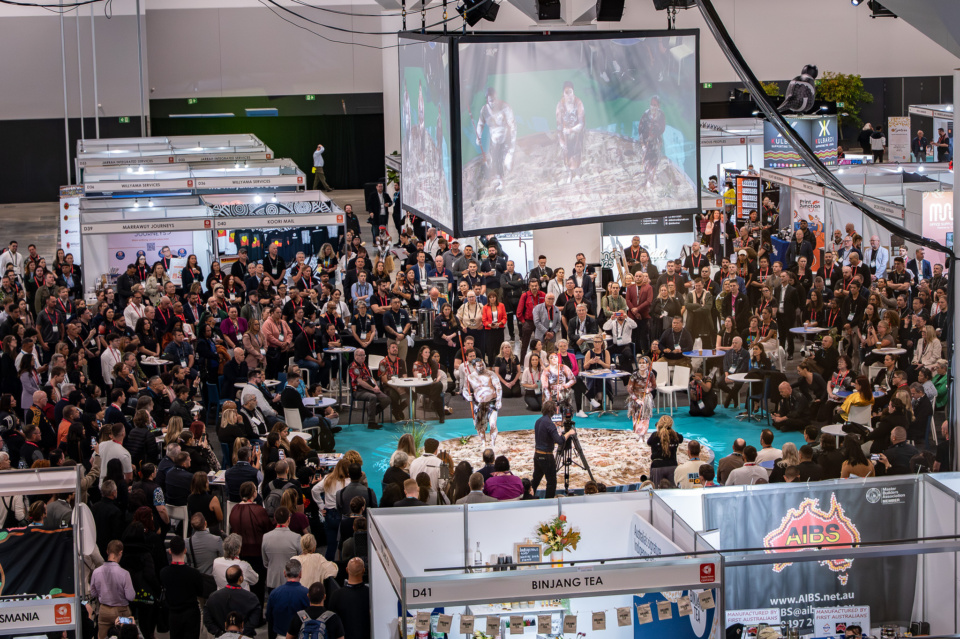
Posted on 04 Mar 2026
Australia’s for-purpose enterprise supporting Indigenous-owned businesses announced a record $5.83…

Posted on 04 Mar 2026
Hannah Nichols is the environmental, social and governance (ESG) lead at Australian Red Cross and a…

Posted on 04 Mar 2026
Major workflow software company Atlassian has announced it is offering its Teamwork Collection of…

Posted on 04 Mar 2026
In all charities and NFPs – big and small – annual budgeting brings with it a degree of…

Posted on 04 Mar 2026
New research from Diversity Council Australia (DCA) has found that even as one in four workers…

Posted on 25 Feb 2026
Australia’s community organisations are quietly holding society together. From local sporting clubs…
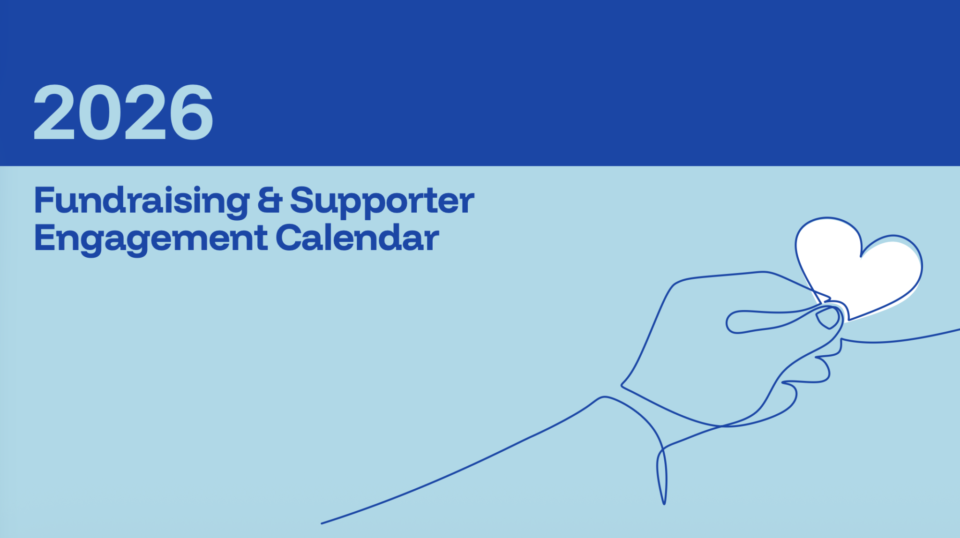
Posted on 25 Feb 2026
Writing communications for donors, stakeholders, regulators and the public can be a relentless task…
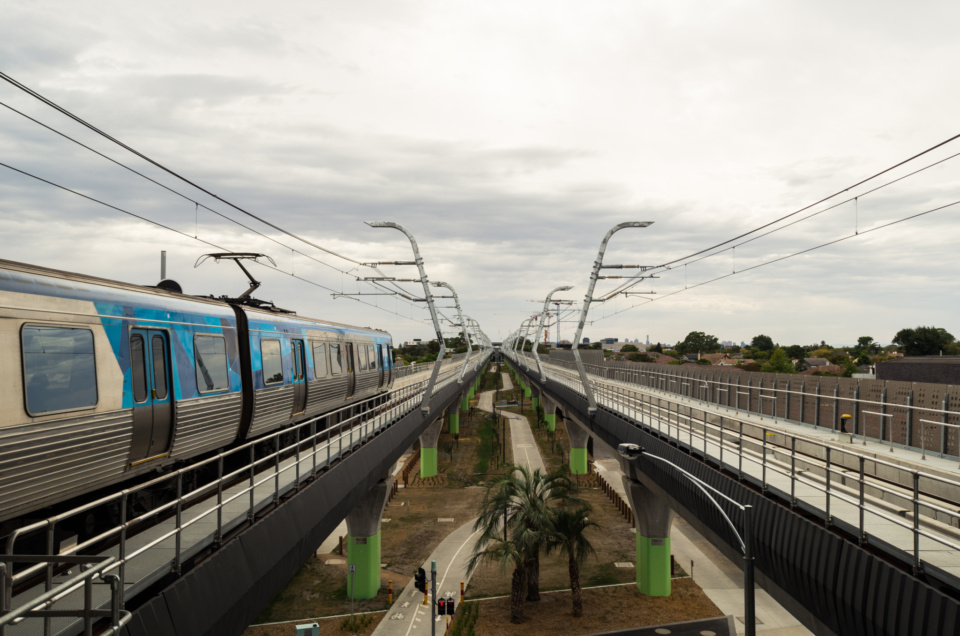
Posted on 25 Feb 2026
A Victorian suburb's hot debate about whether trains should live underground or in the sky ended…
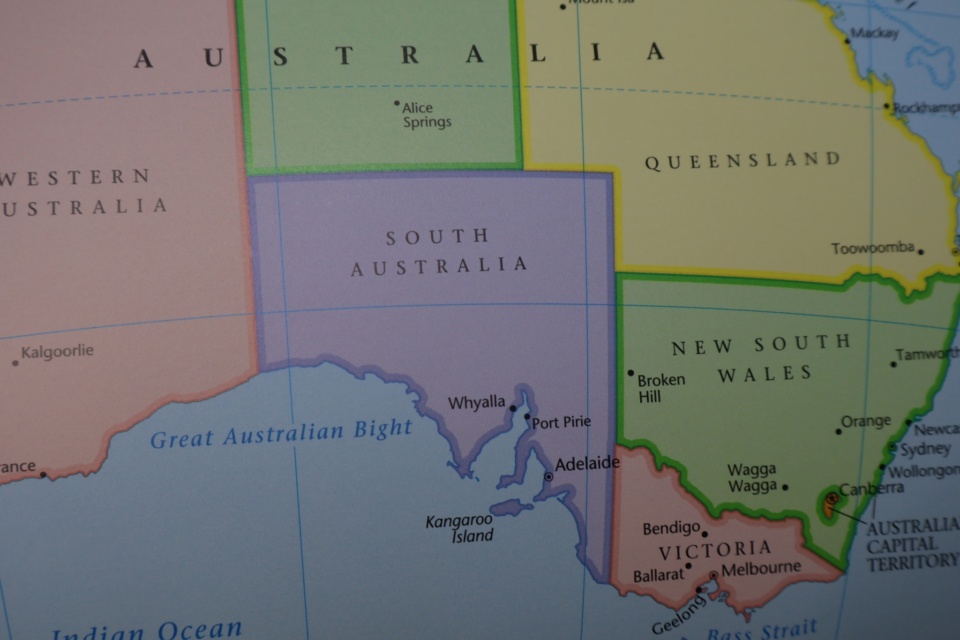
Posted on 25 Feb 2026
Three years after the federal government announced that national fundraising principles would be…
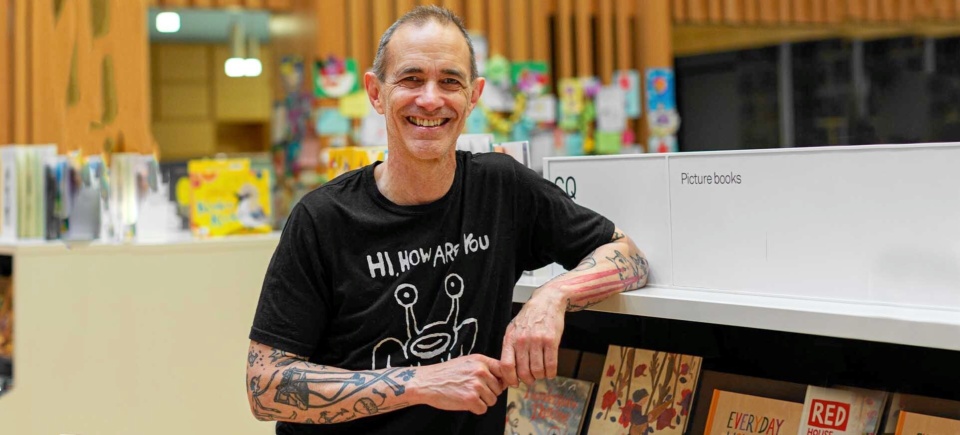
Posted on 25 Feb 2026
Author Andy Griffiths has spent 30 years bringing “punk rock” to children’s books, making kids…
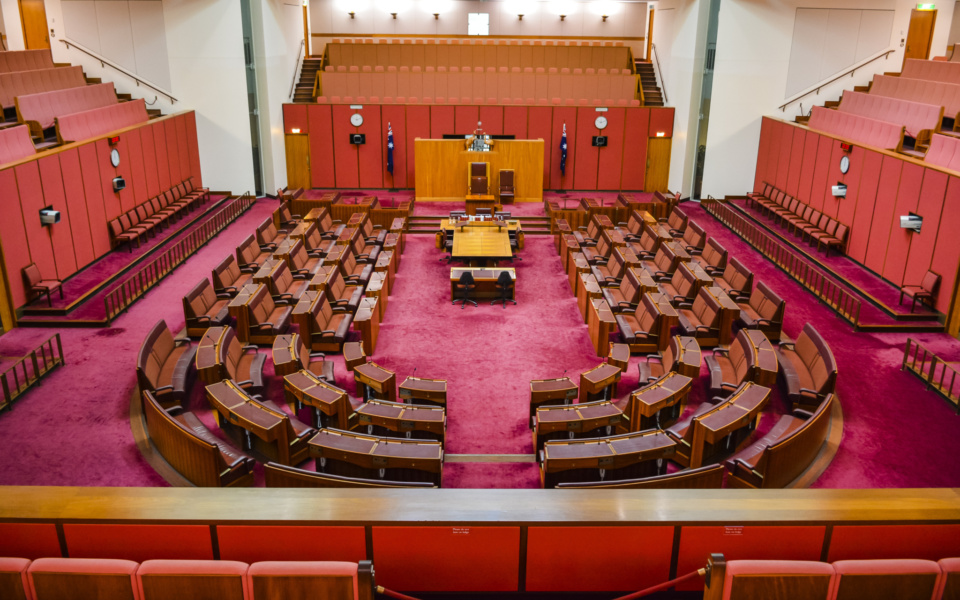
Posted on 25 Feb 2026
Senator Dean Smith is back as shadow minister for charities, and he’s told the Community Advocate…